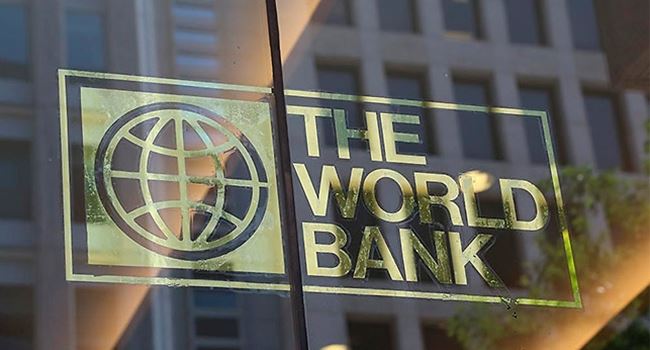News
World Bank projects rising poverty in Nigeria by 2027, warns of deepening economic fragility

The World Bank has delivered a sobering outlook for Nigeria’s economic future, projecting a 3.6 percentage point increase in poverty by 2027, in its latest Africa’s Pulse report released during the Spring Meetings of the International Monetary Fund and World Bank in Washington, D.C.
According to the report, Nigeria, Africa’s most populous nation and one of its largest economies, continues to face significant structural and institutional challenges that undermine its capacity to meaningfully reduce poverty. Despite modest growth in the non-oil sector, the World Bank warns that deep-rooted economic fragility, overreliance on oil revenues, and weak governance structures will likely cancel out any gains made.
“Poverty in resource-rich, fragile countries, including large economies like Nigeria and the Democratic Republic of Congo, is projected to increase by 3.6 percentage points between 2022 and 2027,” the report states.
This projection comes against the backdrop of Nigeria’s ongoing struggles to diversify its economy and improve governance. The World Bank noted that while the last quarter of 2024 showed signs of non-oil sector growth, it is unlikely to result in broad-based poverty reduction without fundamental reforms in public finance and accountability.
The report paints a broader picture of economic distress across the continent, stating that Sub-Saharan Africa remains the most impoverished region in the world, with 80% of the planet’s 695 million extremely poor people living there in 2024. Nigeria, alongside three other African nations, account for half of the region’s 560 million extremely poor.
READ ALSO: Nigeria’s prosperity, Africa’s blueprint for success – World Bank
In comparison, South Asia is home to just 8% of the world’s extremely poor, East Asia and the Pacific 2%, the Middle East and North Africa 5%, and Latin America and the Caribbean 3%.
The World Bank attributes Nigeria’s worsening poverty metrics to a familiar yet troubling pattern: nations rich in natural resources but plagued by fragility or conflict tend to have the highest poverty rates. In 2024, such countries saw an average extreme poverty rate of 46%—13 percentage points higher than their more stable counterparts.
By contrast, African countries not dependent on oil or natural resources are faring better. Boosted by high agricultural commodity prices and more resilient public policies, these nations are enjoying stronger economic growth and more rapid reductions in poverty.
To change course, the World Bank urges Nigeria’s leadership to adopt reforms that focus on inclusive growth and improved public financial management. “Strengthening fiscal governance and building a more transparent, responsive relationship between government and citizens is essential,” the report advises.
As millions of Nigerians continue to navigate the harsh realities of rising inflation, high unemployment, and a shrinking middle class, the World Bank’s warning serves as both a wake-up call and a plea for transformative leadership.
“Inclusive development cannot wait,” the report concludes. “The path to poverty alleviation lies in resilient institutions, citizen trust, and economic diversification—before the window of opportunity closes even further.”
Join the conversation
Support Ripples Nigeria, hold up solutions journalism
Balanced, fearless journalism driven by data comes at huge financial costs.
As a media platform, we hold leadership accountable and will not trade the right to press freedom and free speech for a piece of cake.
If you like what we do, and are ready to uphold solutions journalism, kindly donate to the Ripples Nigeria cause.
Your support would help to ensure that citizens and institutions continue to have free access to credible and reliable information for societal development.
























